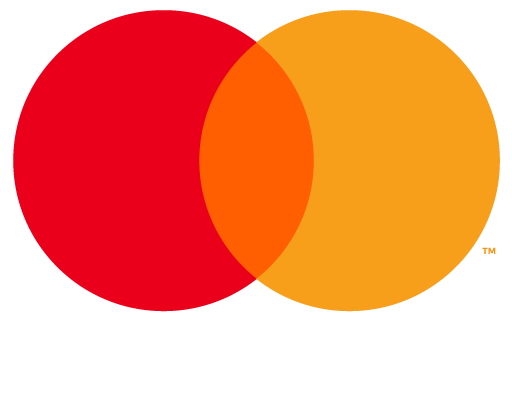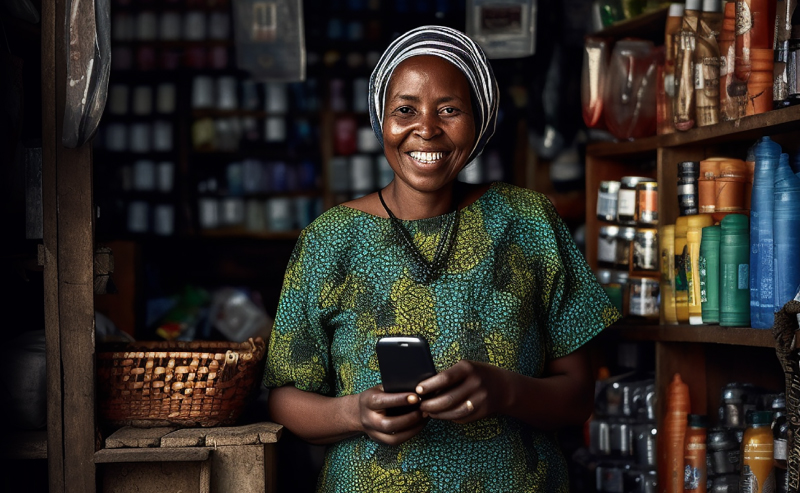Responsible lending practices are pivotal in fostering economic development, reducing poverty, and promoting African financial stability. With a rich tapestry of diverse economies and a growing need for capital, Africa has become an attractive destination for lending institutions. In this economic climate, the significance of conscientious lending cannot be overstated, as unsustainable lending practices can lead to adverse consequences, such as debt distress, social instability, and economic inequality. This blog examines the importance of responsible lending in Africa, highlighting its potential benefits and exploring fundamental principles that should guide lending institutions to ensure a sustainable financial landscape.
I. Economic Development and Poverty Reduction
Responsible lending is essential for stimulating economic development and reducing poverty. Access to affordable credit empowers individuals, microenterprises, and small and medium-sized enterprises (MSMEs), enabling them to invest in education, healthcare, and productive assets that allow business expansion. Such investments spur economic growth, create employment opportunities, and alleviate poverty. Sustainable lending practices ensure that loans are extended to borrowers with the ability to repay, preventing overindebtedness and protecting borrowers from falling into cycles of poverty.
Innovative solutions
Moreover, it promotes financial inclusion by expanding access to credit in underserved areas. By providing loans to marginalised populations, such as women, rural communities, and informal sector workers, responsible lending contributes to inclusive economic growth, empowering historically disadvantaged groups and reducing inequality.
Reducing financial stress
As the saying goes, money can’t buy happiness. However, financial stress caused by uncontrolled debt, job loss, inadequate savings, or unexpected expenses can certainly have a negative impact on our well-being and the communities we live in. Some fintechs are also using technology to reduce these risks and promote financial wellness and education. Many fintechs offer budgeting tools, financial coaching, and investment advice that can help people make better financial decisions. By providing these resources, fintechs are helping people and/or businesses to better manage their finances, reduce debt, and increase savings. This, in turn, can help to reduce financial stress and plan for the future.
Creating a more resilient economy
By focusing on enabling financial health, fintechs are helping to build a more resilient economy. By leveraging technology to streamline processes and reduce costs, these entities are improving efficiency and reducing the risk of financial crises. They are also creating new job opportunities and driving economic growth through innovation, entrepreneurship and partnerships.
In conclusion, fintechs are playing a vital role in building a healthier, more inclusive, and more resilient economy around the world. By providing access to financial services for underserved communities, promoting financial wellness and education, and driving innovation in the financial industry, fintechs are helping to create a more equitable and prosperous future for all.
Our Solutions
Creating healthier and more inclusive economies through innovation requires a combination of financial knowledge, front line experience in value chain systems, social and context awareness, discipline, and smart decision-making.
At Correlaction, we collaborate with big market players in the supply chain and financial sectors to further digitise the inclusion of MSMEs to have access to financial services. We believe in partnering with financial institutions that provide transactional convenience to drive financial efficiency by integrating the physical and financial value chains to create sustainable value for each ecosystem actor.
We are a disruptor in the market that utilises the existing systems to make the entire retail sector (MSMEs, suppliers, and financial institutions) more efficient.
Above all, we recognise the families behind every small and micro enterprises. Our aim is to effectively and efficiently serve hundreds of thousands of outlets in order to deliver wealth for their businesses, wealth to their suppliers and overall benefit African communities. For example, our solutions topmeup or JazaDuka help removing budgetary constraints for micro-merchants, allowing them to extend their sales capacity with minimised risks of over indebtedness. By enabling closed-loop credit to micro-merchants, our solutions create sustainable value for every actor in the retail value chain.
___
Today, Correlaction powers the largest Retail finance scheme in Kenya and is expanding into Uganda. We provide a simple, secure, least cost solution fit for Africa connecting 4+ banks with 7+ suppliers and 20000+ retailers.
With Correlaction, let’s thrive together towards achieving financial health for retailers in Africa.



